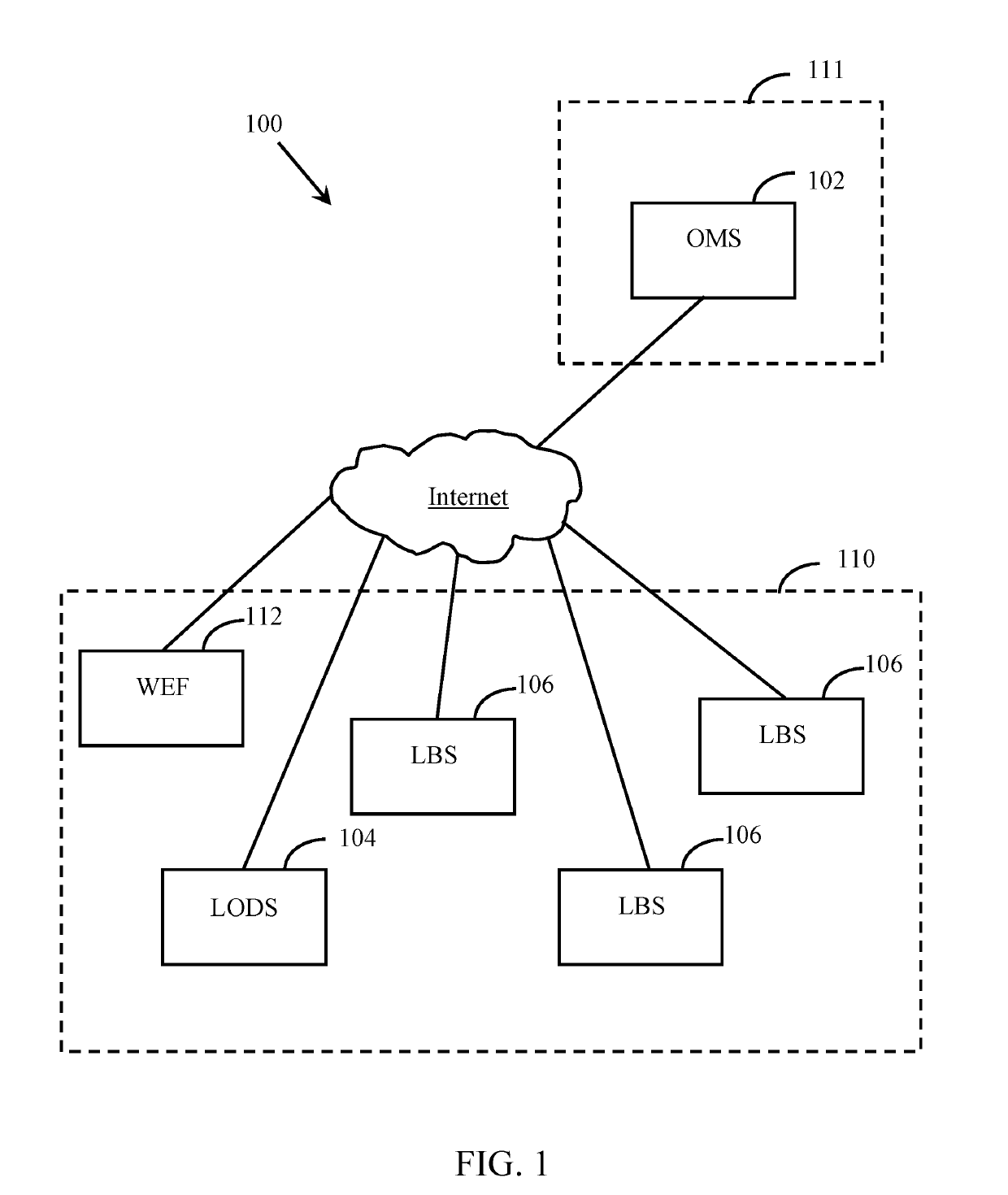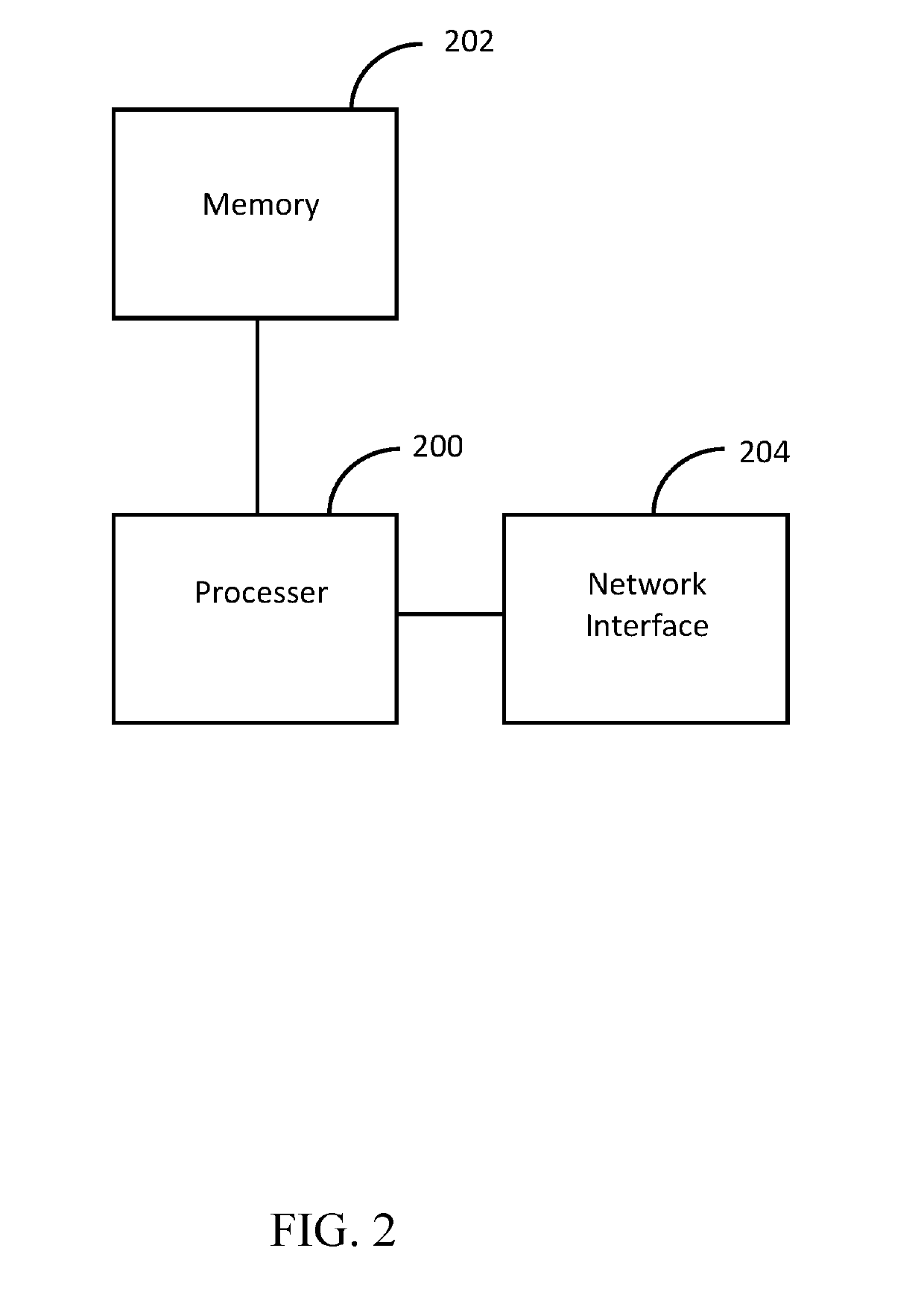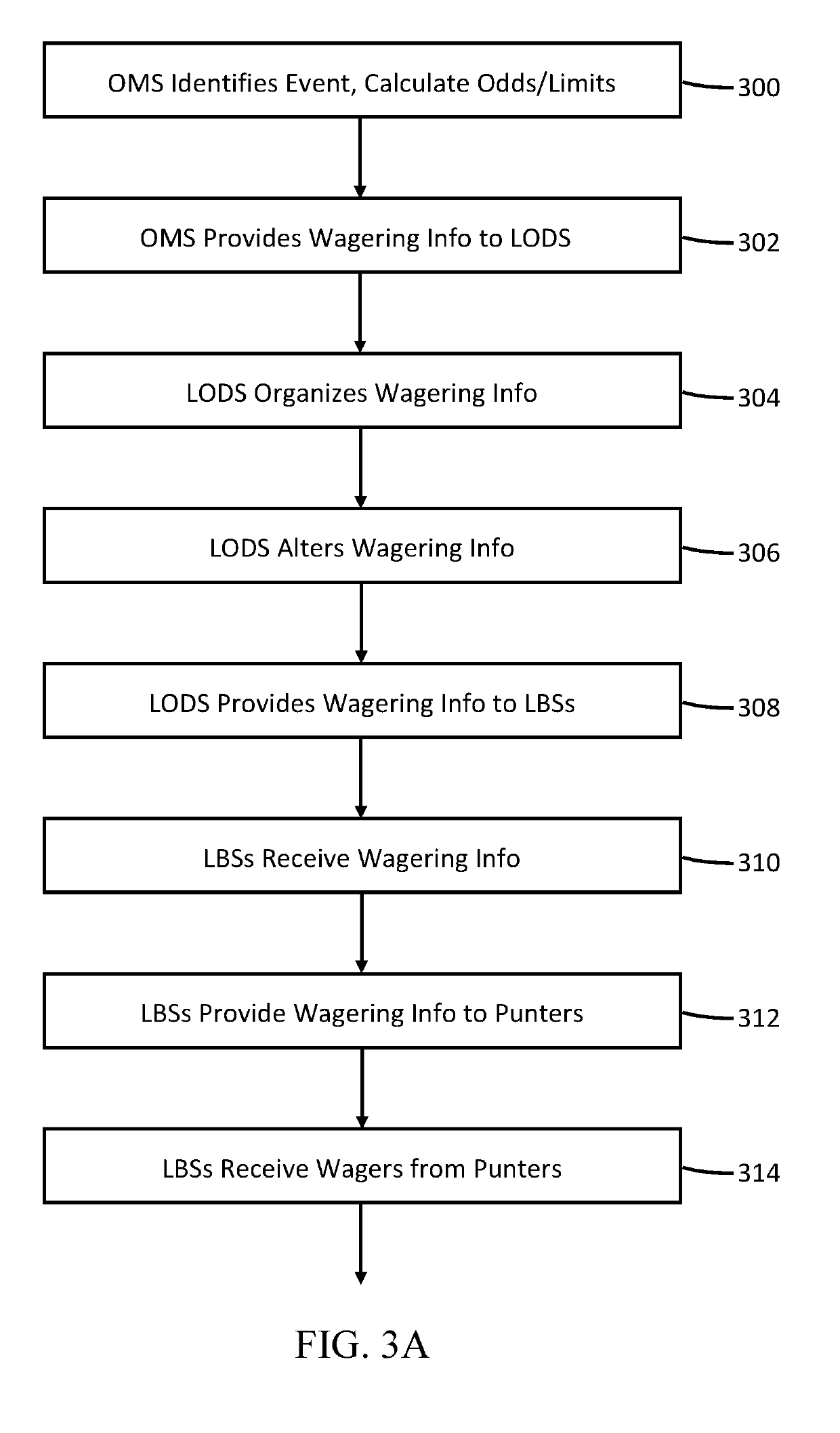Delaware currently does not allow straight wagers, commonly called a head-to-head wager, where the outcome is based on a single game.
Enforcement of these laws, however, has proven to be a very difficult task and, every time the U.S. government has passed a new law, offshore operators have introduced a new strategy that has made the law
enforcement difficult.
Despite the
legalization of Internet gaming by the state of New Jersey, the Federal laws prevail over the state's online gaming laws, making sports wagering illegal in the state even though almost any type of gaming is legal online within the state.
As of now, New Jersey's efforts to legalize sports wagering has hit resistance from both the courts and certain sports leagues, such as the NFL.
In highly regulated jurisdictions such as the state of Nevada, due to strict regulations, operators have been slow in taking
advantage of new technologies, and the competition and pressure of wagering fees has not been as fierce as in Europe.
This position, however, is flawed, and is in contrast with the NFL's push to have more and more of its games played in London, where wagering is legal and very common.
Also, another contradictory factor is that the volume of wagers that illegal offshore web sites are currently taking on U.S. games such as football are much larger than Nevada's handles.
Moreover, the chances of unregulated offshore operators fixing a game are higher than operators who are regulated and licensed by a state.
These types of wagers are called proposition bets or “prop bets” and have high risk and rewards for a bookmaker.
Currently, sport enthusiasts in the U.S. are prohibited or are limited to the type of wagers they can place.
Also, due to lack of adequate player participation within the state, most often Nevada books do not offer a comprehensive set of
odds on non-U.S. games even if they are worldwide events, such as the Olympics, the World Cup and the Grand Slam Tennis.
The main reason for the lack of technology interaction and
connectivity between Nevada operators has been lack of open competition from outside of the state.
The high upfront cost of investigation for an outside entity to get licensed as a sports book operator within the state, in comparison to the potential business opportunities that the state currently offers, has prevented most international sports books from entering into the Nevada market.
Currently, Nevada casinos have not developed a cooperative market or an exchange for a more robust and efficient market for wagering activities.
However, for an operator, fixed
odds wagering is oftentimes a very risky business.
Currently, books, large or small, typically shy away from large bets if they do not have enough wager liquidity for the event.
The investment made in these entities can take risks on fixed
odds wagers that have guaranteed payouts, pari-mutuel wagering or other gaming formats that are currently used in the gaming industry.
Traditionally one of the challenges facing the regulated gaming industry has been money
laundry and now, post the supreme court decision to allow any state to offer sports wagering, the risk of match fixing, and associated scandals has posed new challenges to the industry.
Casinos have yet to develop a comprehensive and accurate
system that tracks the play history of a patron's activities across all their tables.
Currently, slot gaming revenues are calculated on a
machine-by-
machine basis and similar to table gaming, today's casinos have no readily available
database that tracks the history of a player's activities across all their slot machines and table games on real-time basis.
Currently, the procedures and the guidelines for awarding loyalty points are not clear and transparent to most players.
Overall, points awarded for playing virtual games whether played on a
machine inside a casino or played online cannot be easily traced back to the wagers made by the player on a particular game.
Currently, a player's account activity does not provide the functionality and
data structure to easily trace back the details of a player's wager across all games played online by the player.
The industry currently lacks a
unified system to provide
interoperability between various casino style games and also lacks a comprehensive revenue reporting solution across various gaming platforms.
Currently there is no
system in place to track a player's wagering activity across all games offered,
ranging from manual games e.g. table games, to electronic games such as slots and virtual games played on online or on mobile devices.
However, these technologies although very accurate, do not always track the total value of bets placed by a player with one hundred percent accuracy.
The errors are usually caused with sudden change in lighting levels and other random conditions such as buildup of
dirt on a
chip.
 Login to View More
Login to View More  Login to View More
Login to View More 


